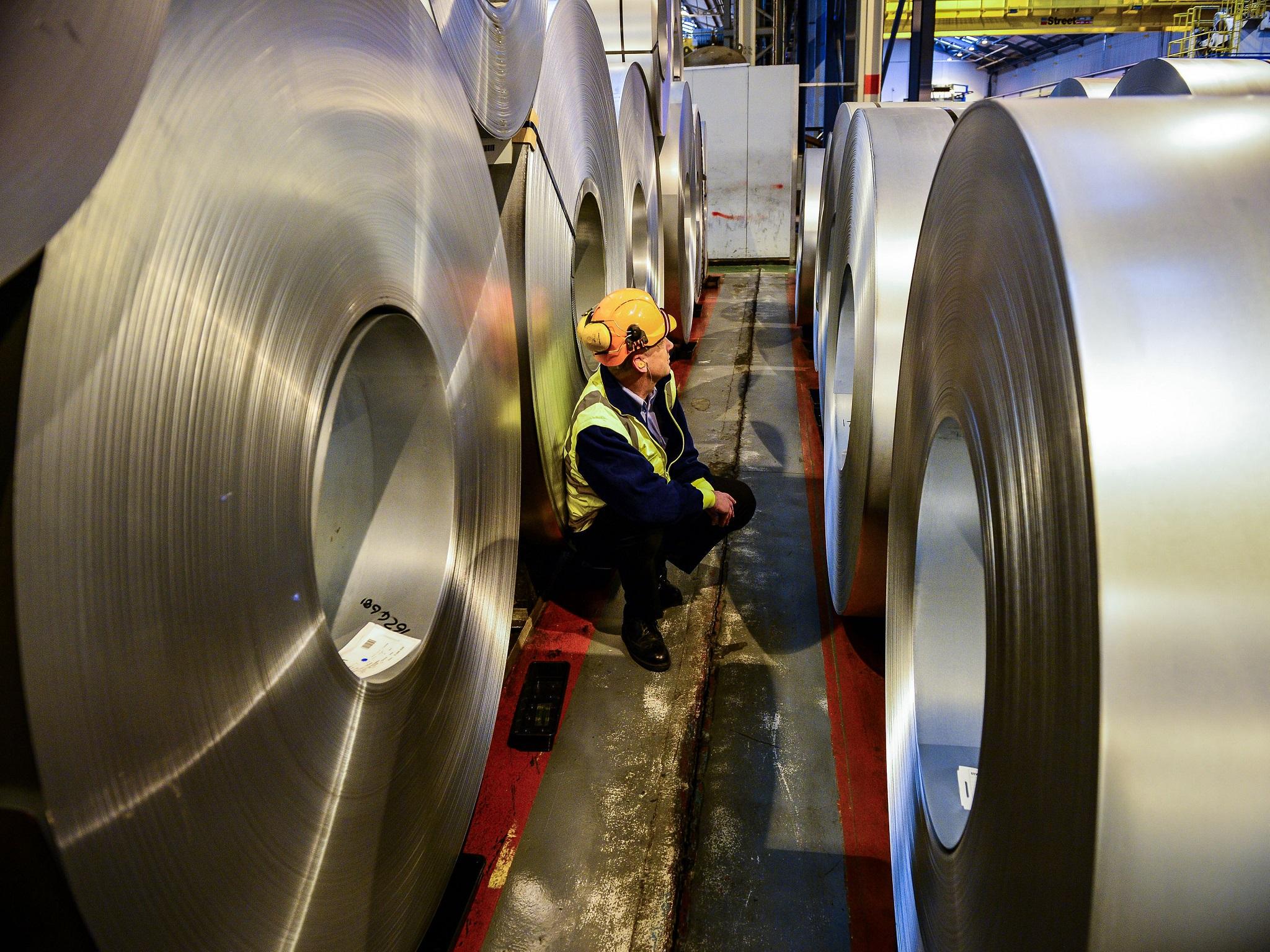UK's manufacturing boom showed signs of faltering in January as inflation hit firms
Latest Purchasing Managers' Index survey for sector gives reading of 55.3, marking lowest in seven months

The UK’s manufacturing boom showed signs of faltering in January as inflation hit firms’ costs and new orders fell.
The latest Purchasing Managers’ Index survey for the sector released on Thursday gave a reading of 55.3, the lowest in seven months.
That’s still ahead of the 50 point that separates growth from contraction, but is down on the 56.2 reading in December.
City of London analysts had pencilled in a rise in the index to 56.5 in the month.
Cost inflation recorded by firms was at its highest in 11 months, reflecting rising global commodity and oil prices and the new orders index slipped to the lowest since July 2017.
“The UK manufacturing sector reported an unwelcome combination of slower growth and rising prices at the start of 2018,” said Rob Dobson of IHS Markit, which compiles the survey.
“It’s too soon to call time on the manufacturing sector’s growth spurt yet but today’s survey hints that the best days of the manufacturing sector’s recovery lie in the past,” said Samuel Tombs of Pantheon.
Lowest in seven months

The Office for National Statistics estimated last week that manufacturing grew by a healthy 1.3 per cent in the final quarter of 2017, following similar growth the previous quarter.
Over 2017 as a whole the sector is currently estimated to have expanded by 2.7 per cent.
Manufacturing, which accounts for around 10 per cent of UK GDP, has been buoyed by a strengthening global economy and the slump in the pound in the wake of the 2016 Brexit vote.
“In the short term, the weak pound will continue to strengthen export demand but businesses must consider how they respond to inflationary pressures, which are now building,” said Duncan Johnston of the business services firm Deloitte.
Join our commenting forum
Join thought-provoking conversations, follow other Independent readers and see their replies
Comments